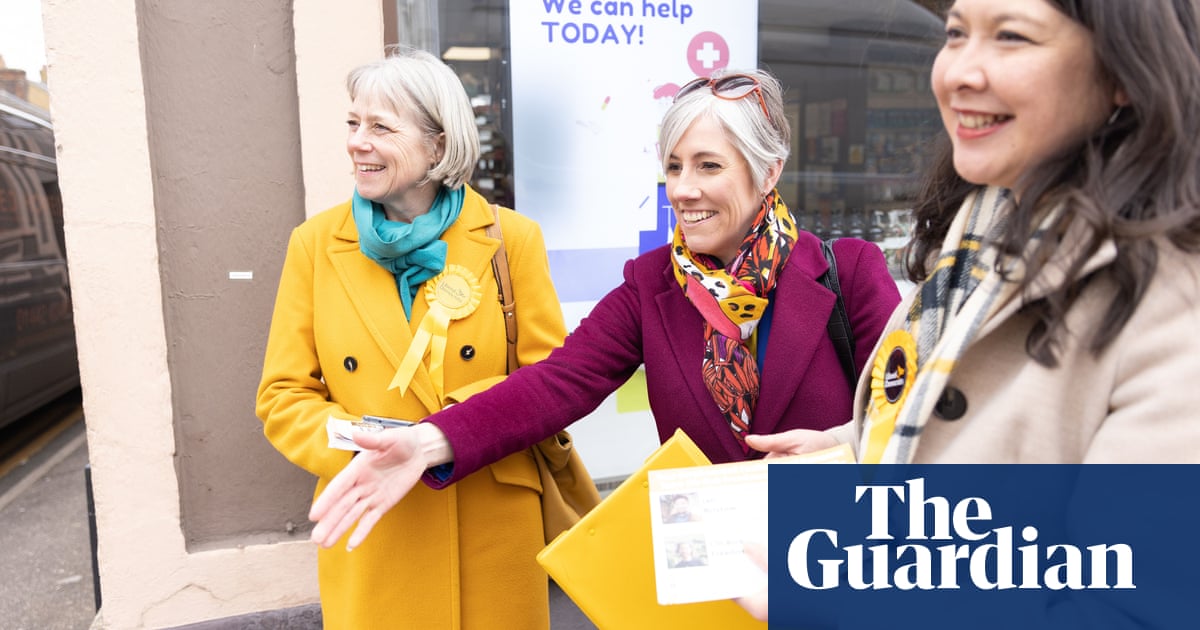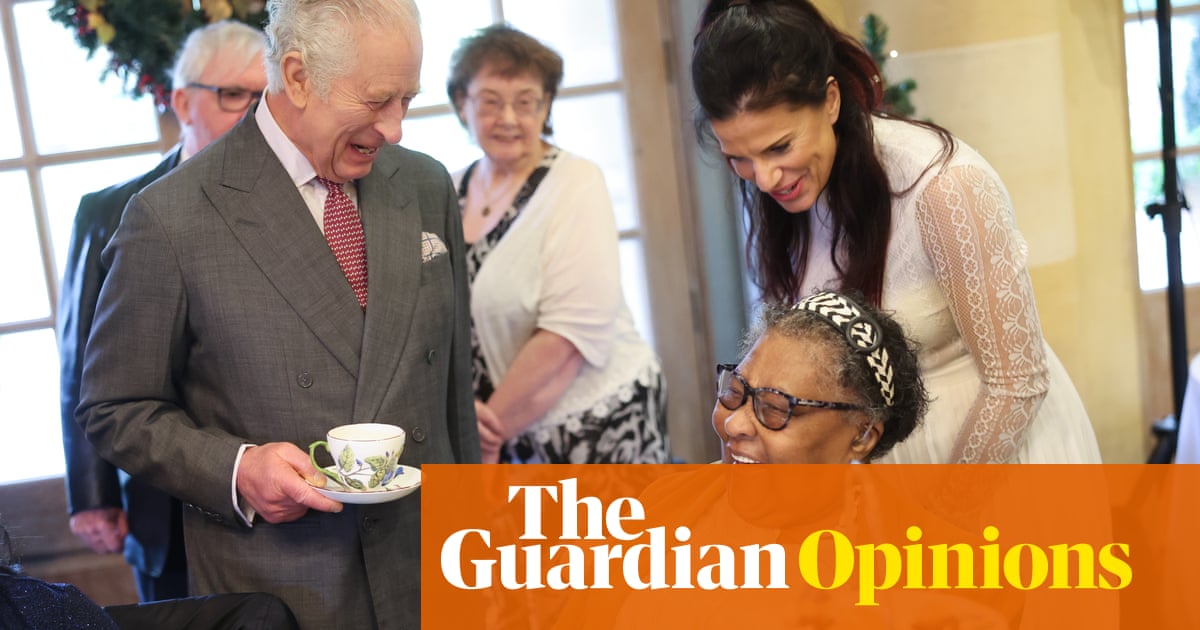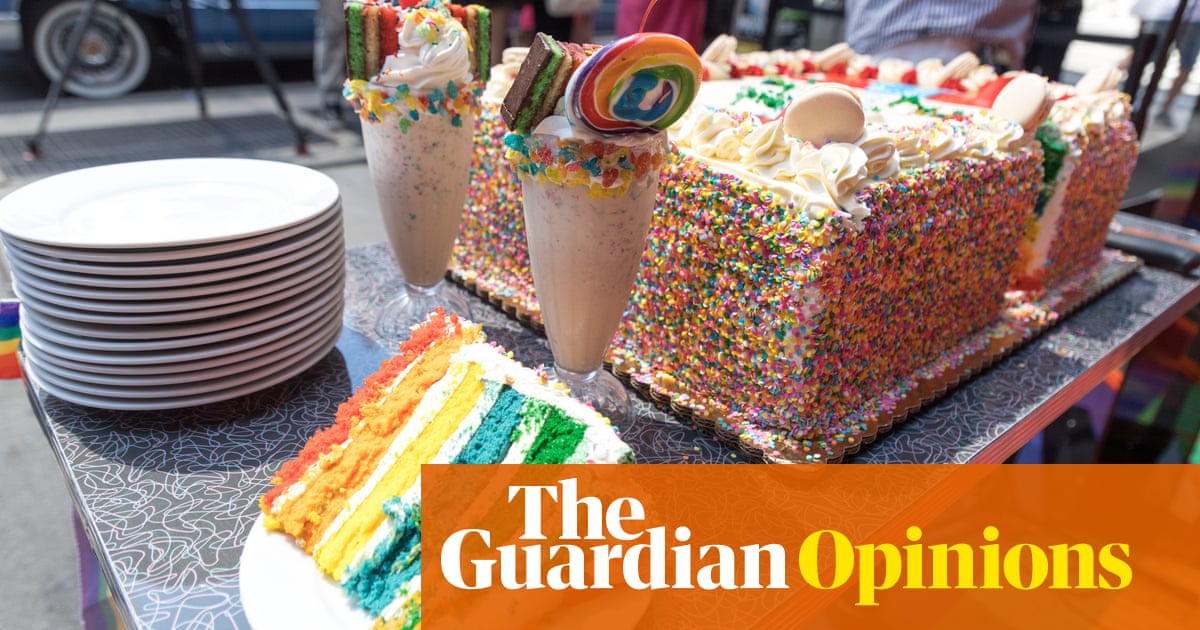
Voters in the Hertfordshire town of Berkhamsted have been sending Victoria Collins, the Liberal Democrat prospective parliamentary candidate, videos of sewage. Out knocking on doors before local council elections in May, she claims the state of local waterways is an issue causing former Conservatives to move their vote.
“A lot of people are just horrified, because they’re really proud of the local countryside,” she says. “We’re talking to lifelong Tories who are saying, ‘now might be the time to change’.”
With its half-timbered houses, smart coffee shops and reams of coronation bunting, Berkhamsted feels like true blue Tory territory. But the Lib Dems hope to make gains on 4 May. The party’s leader, Ed Davey, even launched his local election campaign there, on a tractor.
Daisy Cooper, the MP for nearby St Albans, who won her seat from the Conservatives in 2019, says the issue of raw sewage being dumped into rivers “sums up in a very obvious visceral and visual way, the state of the country; that’s how bad it’s got, that they feel they can do this with impunity”.
The local Dacorum district council has 31 Conservative councillors and 19 Lib Dems. With all the seats up for grabs, the Lib Dems believe they could even take control – and then use it as a stepping stone to the general election, echoing their success in nearby Chesham and Amersham in 2021.
“It’s all of it,” says Laila Walker, who stops Collins and Cooper in the street to offer her support – and express frustration at the state of the country. “The NHS obviously is just desperate. But – cost of living – there’s not one thing, there are so many things.”
“There’s so much to do,” agrees Mary Beard, a former teacher who is now a carer for her husband, as she stands at her front door in a well-kept conservation area near the town centre.
She highlights the expansion of free school meals as a policy she would like to see implemented more widely. “I’ve worked with some very poor children, and it’s difficult. At least then you know they have one good meal a day,” she says. “I understand a number of them don’t have breakfast or anything like that.”
Paula Surridge, an elections expert from the thinktank UK in a Changing Europe, says the Lib Dems are right to target “blue wall” areas like this. “They’re the right sort of places for them, and they’re there as a home for a lot of more liberal Conservative-leaning voters, who didn’t vote Lib Dem in 2019 because they didn’t want to let [Jeremy] Corbyn in by the back door.”
But she cautions against expectations of sweeping gains on 4 May. This batch of council seats was last contested in 2019 when MPs were waging a debilitating war over Brexit. Back then, the Lib Dems gained more than 700 seats, while the two main parties, under Theresa May and Corbyn, both slumped to just 23% of the vote.
“I would expect them to make a few gains; but I think both the Conservative losses and the Lib Dem gains are being a bit over-egged,” she predicts.
On Berkhamsted High Street, disillusionment with the government is easy to find – but it’s not necessarily matched by enthusiasm for the alternatives.
“I think they’re bloody hopeless, to be honest,” says Jenny Hackett, emerging from a dance class in the bunting-decked civic centre. Asked if she voted for the Conservatives, she concedes: “I’m ashamed to say I did.”
“I will not vote Conservative again,” she says, but adds: “I don’t think Labour would do any better”.
Like other voters the Guardian met in Berkhamsted, Hackett prefers Rishi Sunak to his predecessors – but sees him as out of touch. “They’re so wealthy, they haven’t got a clue, have they? He’s a billionaire. But I do think he’s the best of what they’ve got.”
Shelley Stoddart, fresh from browsing an estate agent’s window, says she’s “a bit disenchanted” with all politicians, and has split her vote in the local elections between the Conservatives, Lib Dems and Greens. At a general election, though, she says: “I would always vote Conservative. I think they’re all as bad as one another.”
Mike Smith, a pensioner who worked for Kodak before it went bankrupt in 2012, says he has been waiting for two back operations for a year.
A Conservative voter in 2019, he says of the government: “There’s a lot more they could do: there’s quite a few things they need to address. It’s not just the cost of living, it’s a number of other things as well. Government spend, efficiency, the NHS: all of those things.”
Boris Johnson “sold us down the river” over Brexit, he says. “The battle bus made people vote for something that wasn’t really there in the first place, as far as Brexit was concerned.”
Nevertheless, he’ll vote Conservative a next week’s local elections – and is considering doing the same at the general election. “Will I? I don’t know. I don’t think there’s anybody better, to be honest. The Lib Dems, OK fine they’ve won Chesham. Here, it’s pretty much Conservative. If they don’t get their act together, I don’t know – there’s nobody else.”
Boundary changes mean Lib Dem candidate Collins expects to contest a new parliamentary seat, Harpenden and Berkhamsted, in 2024. It is unclear as yet who she will be facing, as the sitting Tory MPs, Gagan Mohindra and Bim Afolami, have been selected for other redrawn local constituencies.
Keir Starmer and the Labour party, meanwhile, barely seem to get a mention among voters here in the Chilterns, and despite tribal loyalties, are unlikely to mind the Lib Dems taking seats like these off the Tories. So perhaps it should be no surprise that the party’s candidate for the Berkhamsted Castle ward, where Collins and Cooper are canvassing, is not out leafleting the neighbours, but at home, tinkering with his car.
“I’m a paper candidate, so I’ll panic if I win,” he grins. Introduced to Collins, who hopes to be his next MP, he says, “it’s great to see you out: lovely,” adding that when it comes to next year’s general election, “I think we’ve got one objective.”












